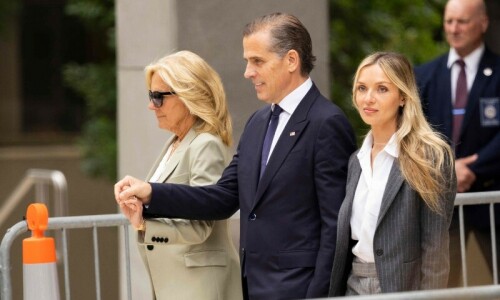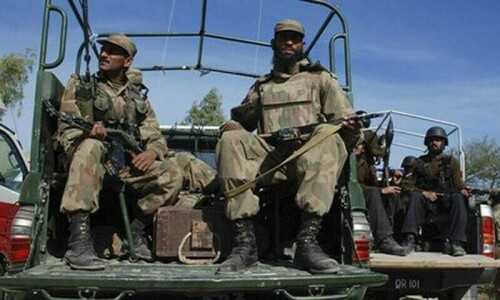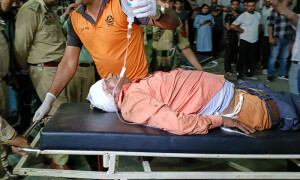ISLAMABAD: Seminaries in Pakistan are undergoing a transformational change, but while this appears to be a good omen, there is a growing feeling among the madressahs that they are getting away from their roots.
The speakers at a seminar held here on Wednesday said that the seminaries needed to devise strategies that emphasised the importance of unity in a bid to play down divisions or rifts.
The seminar was organised by the Council of Islamic Ideology (CII) in collaboration with the Institute of Policy Studies (IPS), Islamabad, and Darul Ilm-wal-Tehqeeq, Karachi. The session also featured the launch of the latest publication on the subject by Islamic scholar Dr Syed Azizur Rahman titled ‘Deeni Madaris Badalte Hue Zamane Main’.
Barrister Zafarullah Khan, the prime minister’s former special assistant on law, said the religious education must be in tune with the changing times. “It becomes important to look beyond one’s preconceived beliefs and thoughts.”
Barrister Khan also called upon the students and teachers at seminaries to give importance to research works in religious education. He said that the students of seminaries should get themselves acquainted with ancient and modern traditions and history.
Dr Azizur Rahman, of the IPS-National Academic Council, said the thought of keeping up with modern societal needs had always prevailed in madressahs but the transition had been slow and gradual due to their deep-rooted connections with conventions and traditions.
However, he added, while there had been changes in curricula and teaching styles of Dars-i-Nizami, there had also been improvement in the general atmosphere of madressahs as well as more acceptance towards needed reforms.
Dr Rahman said the prime objective of religious education should not be seen as a mean to earn livelihood, adding that earning of a living should be a secondary objective for the seminary students.
CII secretary Dr Ikram-ul-Haq Yaseen highlighted that during the British rule seminaries were deliberately kept away from economic and administrative matters and reduced to providing only basic learning of Islam. “But a religious scholar should be a good preacher as well as a dynamic person of society,” he said.
IPS vice chairman Syed Abrar Hussain pointed out that the government had played a key part in determining how the role of religious institutions was seen in the country. He said the seminaries were mostly seen from the lens of security instead of looking at them as traditional educational institutions with deep sociocultural roots.
Highlighting the achievements of seminary students related to conventional education, Dr Nazir Ahmed Vaid, a religious scholar, said madressahs had started attaining modern education and technology.
Published in Dawn, December 16th, 2021













































Dear visitor, the comments section is undergoing an overhaul and will return soon.